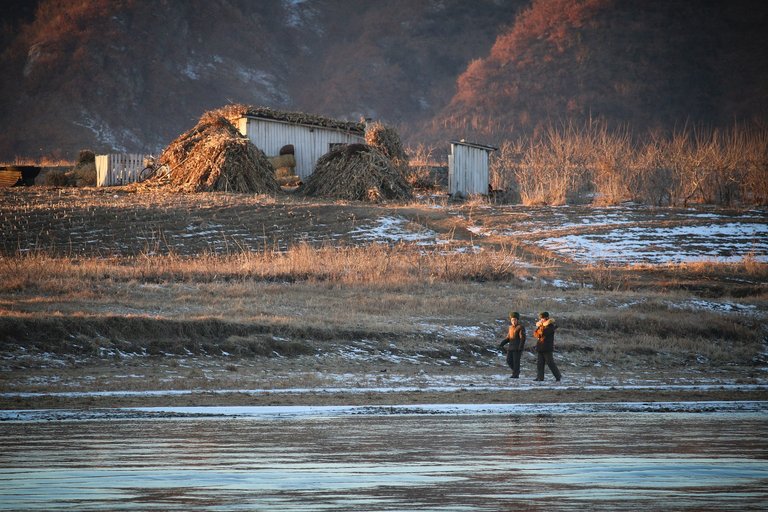
Image by WZ Still WZ from Pixabay
ASIA, NORTH KOREA. In a significant development along the Korean Peninsula's heavily fortified border, a North Korean soldier has defected to South Korea after crossing the Inter-Korean Demilitarized Zone (DMZ). This incident, reported by the Yonhap News Agency, highlights ongoing tensions and the fragility of peace along one of the world's most militarised frontiers.
South Korean military officials confirmed that the soldier was detected north of the Military Demarcation Line (MDL), which marks the boundary between North and South Korea within the DMZ. The South Korean military promptly launched an operation to facilitate the soldier's safe transit into South Korea, underscoring the risk and courage associated with such defections.
This latest defection marks a notable event amidst a backdrop of renewed military provocations and psychological warfare between the two Koreas. Analysts speculate that the recent resumption of loudspeaker broadcasts by South Korea along the DMZ may have influenced the behaviour of frontline North Korean soldiers, potentially increasing the likelihood of defections. These broadcasts, which often carry messages of hope and freedom, have historically been employed to affect morale among North Korean troops stationed near the border.
The incident has drawn attention to the ongoing challenges faced by both nations in navigating a tense relationship punctuated by sporadic moments of dialogue and periods of escalated hostility. The Joint Command Staff of South Korea has confirmed the information regarding the defection, adding an air of seriousness to an event that could potentially reshape North-South relations.
Defections from North Korea are not uncommon, although they have fluctuated frequently based on the North's varying political climates and economic conditions. Many defectors cite a desperate desire for freedom and better living conditions as the primary motivations for their perilous journey across the DMZ— a task fraught with danger, given the presence of landmines and the ever-watchful eyes of North Korean soldiers.
As the region grapples with complex geopolitical dynamics, this latest defection serves as a reminder of the human stories behind the statistics and political posturing that dominate discussions about the Korean Peninsula. The soldier's decision to seek asylum in South Korea exemplifies the ongoing struggles faced by individuals under the oppressive regime of North Korea, whose citizens often dream of a life free from the constraints of authoritarian rule.
The international community is closely monitoring how this incident unfolds, particularly regarding potential shifts in policy or strategy from both the South Korean government and the North Korean leadership. As the two nations remain locked in a cycle of suspicion and military posturing, individual stories such as this remind us of the underlying human cost of the geopolitical chess match on the Korean Peninsula.